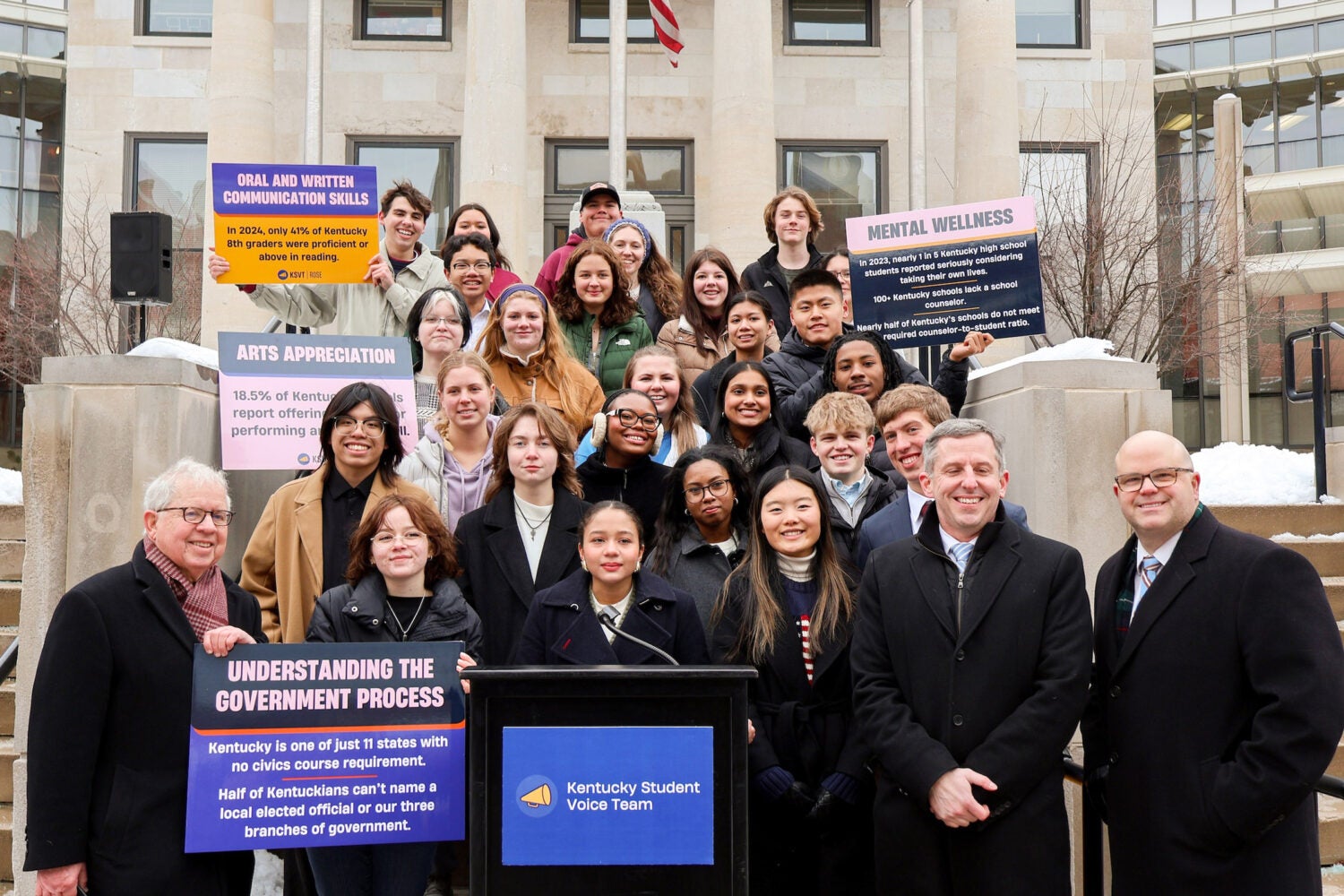
What is the Education Law Clinic?
The Education Law Clinic is part of a program called the Trauma and Learning Policy Initiative (TLPI), a nationally recognized collaboration between Harvard Law School and Massachusetts Advocates for Children (MAC), whose mission is to ensure that children impacted by family violence and other adverse childhood experiences succeed in school.
To achieve this mission, TLPI uses multiple strategies to seek remedies for individual children, as well as laws and policies that provide schools with the knowledge and resources they need to meet the needs of all children. TLPI’s advocacy is based on interdisciplinary research and collaboration across a wide array of professional disciplines: education, psychology, neurobiology, medicine, social work, and public policy. Students in the Education Law Clinic help further TLPI’s mission by employing knowledge from these fields to advance the interests of traumatized children through legal representation and in the policy arena.
The clinic focuses on different education law strategies during the fall and spring semesters.
Watch: A School’s Journey Toward Trauma Sensitivity
How do I register?
The Education Law Clinic is offered in the Fall and Spring semester. You can learn about the required clinical course component, additional requirements, and the clinical registration process, by reading the course catalog description and exploring the links in this section.
Sample Schedule: Individual Representation Clinic
| Morning | Afternoon | Evening |
| 9:00AM: Meet supervisor at the “Yellow House” and check in about to-do list for the week. 9:30-11AM: Continue work on reviewing client records and developing a case chronology. 11am-12pm: Weekly call with client | 12-1PM: Care Plan Team Meeting with student’s therapeutic providers. 1-4: Draft an opening statement to be read at IEP Team Meeting. | 4:00-4:30PM: Send draft of statement to supervisor, and plan a time to prepare for upcoming IEP Team Meeting. |
Meet the Instructors
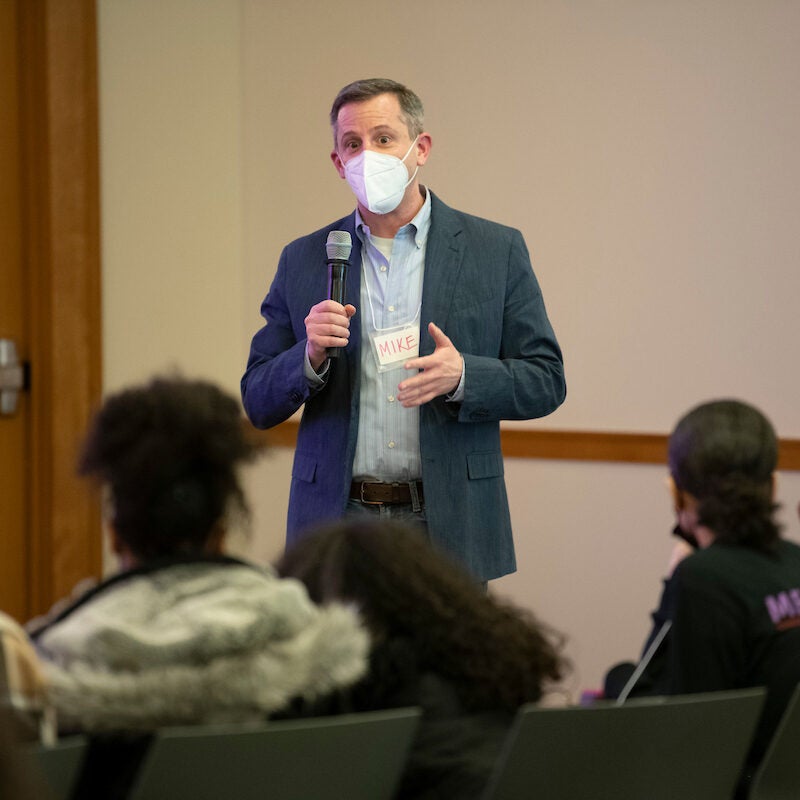
Michael Gregory
Clinical Professor of Law
23 Everett Street, 2nd Flr.
Cambridge, MA 02138
Michael Gregory is Clinical Professor of Law at Harvard Law School, where he serves as the faculty director of the Youth Advocacy & Policy Lab, and teaches and practices law as part of the Trauma and Learning Policy Initiative (TLPI). TLPI is a partnership between Harvard Law School and Massachusetts Advocates for Children. TLPI’s mission is to ensure that children traumatized by exposure to violence succeed in school. Prof. Gregory is a co-author of both volumes of TLPI’s landmark report Helping Traumatized Children Learn, and is also a co-author of Educational Rights of Children Affected by Homelessness and/or Domestic Violence, a manual for child advocates. At HLS, Prof. Gregory teaches the Education Law Clinic, in which law students represent individual families of traumatized children in the special education system and engage in systemic advocacy in education reform at the state level. In conjunction with the clinic, he teaches the seminars “Education Advocacy and Systemic Change: Children at Risk” and “Legislative Lawyering in Education Law.” Prof. Gregory has also taught Education Law and Policy and Education Reform Movements.
Prof. Gregory received his JD from Harvard Law School in 2004, graduating cum laude. He also graduated magna cum laude with a Bachelor of Arts in American Civilization from Brown University in 1998, and received a Master of Arts in Teaching, also from Brown University, in 1999. He was the recipient of a Skadden Fellowship in 2004.
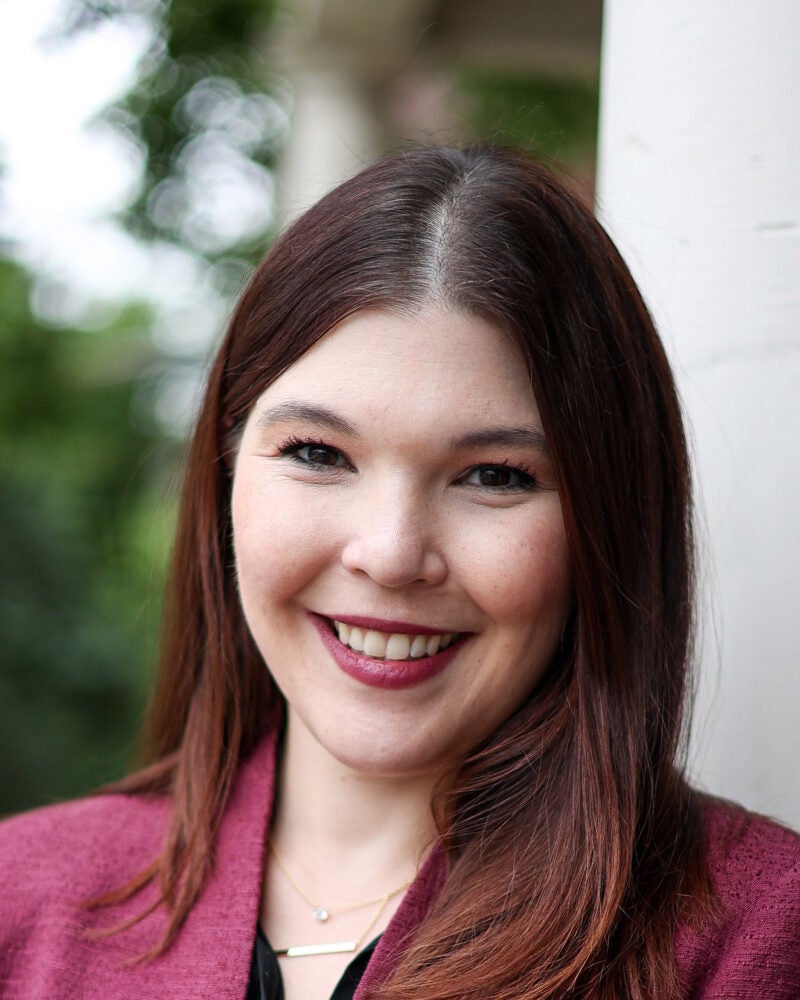
Jodi Guinn
Clinical Instructor
23 Everett Street, 2nd Flr.
Cambridge, MA 02138
Jodi Guinn is a Clinical Instructor in the Education Law Clinic and a Lecturer on Law. Prior to joining Harvard Law School, Jodi worked as an education attorney at the Justice Center of Southeast Massachusetts, a subsidiary of South Coastal Counties Legal Services, where she represented low-income students and families in special education and school discipline matters on the South Coast of Massachusetts. Her work focused on identifying and breaking down individual and systemic barriers to equitable education for all students. Before joining the Justice Center, Jodi had a Skirnick/One Day’s Work Fellowship at Massachusetts Advocates for Children, where she advocated for older students between the ages of 14-22 to receive the special education transition supports to which they were entitled under federal and state law, to prepare them for employment, independent living, and postsecondary education. Jodi also clerked for the Honorable Cynthia Cohen of the Massachusetts Appeals Court. Prior to law school, Jodi worked as an AmeriCorps VISTA at YouthBuild USA, an organization which supports youth between the ages of 16-24, who do not have high school diplomas and are not employed, to further their education and develop job skills while becoming leaders in their communities.
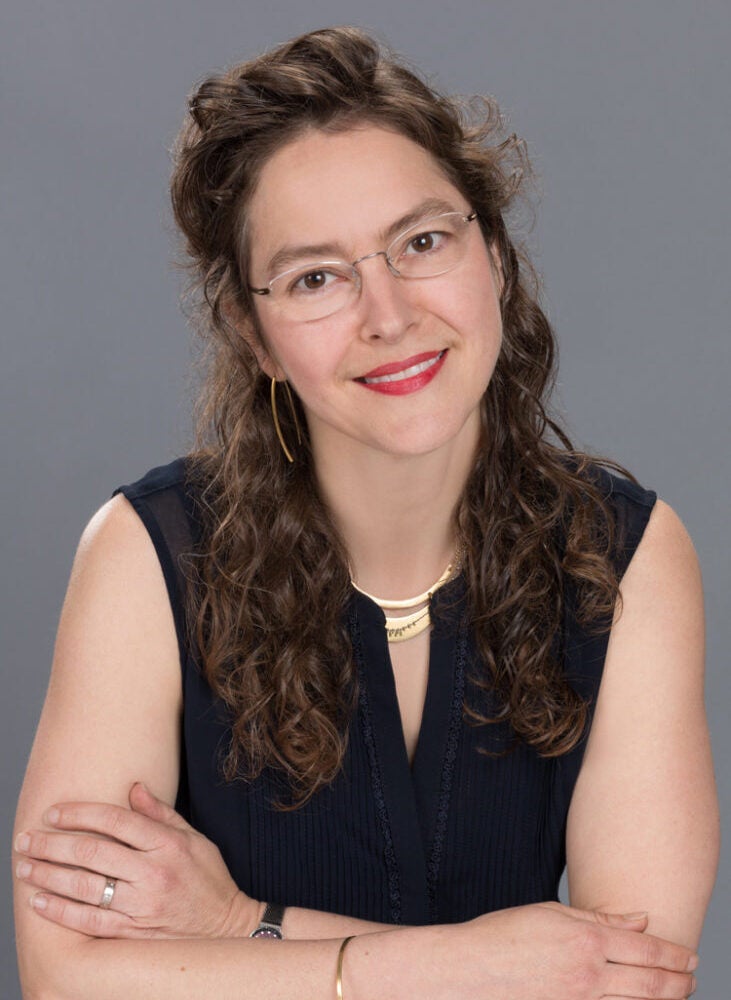
Bettina Neuefeind
Senior Attorney and Helpline Manager
23 Everett Street, 2nd Flr.
Cambridge, MA 02138
Bettina Neuefeind is an attorney with the Trauma and Learning Policy Initiative. As a longtime direct services attorney and advocate for culture change around trauma, mental health and schools, Bettina assists families of children exposed to trauma in obtaining appropriate educational services, supports the clinical education of law students, and collaborates with the leadership team on achieving systemic progress growing the safe and supportive school culture movement.
Prior to joining TLPI, Bettina was a Research Fellow at Harvard Law School investigating what fuels systems change in anti-poverty work, and an affiliate at Harvard’s Food Law and Policy Clinic, where she led the School Food Interventions project and focused on food literacy education and school food culture overhauls in applied settings. Before coming to Harvard, Bettina was a fair housing attorney at Bay Area Legal Aid in Oakland, California, serving low-income clients with disabilities and specializing in accommodations where housing was threatened due to mental health issues. Bettina received her J.D. from the University of Chicago Law School. She clerked for the Honorable Daniel T.K. Hurley of the U.S. District Court for the Southern District of Florida, and for the Honorable Susan S. Beck, Associate Justice of the Massachusetts Court of Appeals.
Staff Members
| Anne Eisner | Interim Director of the Trauma and Learning Policy Initiative (TLPI) | aeisner@massadvocates.org |
| Marissa del Rosario | Trauma Sensitive School Specialist (Massachusetts Advocates for Children) | mdelrosario@massadvocates.org |
| Alexander Jaramillo | Program Administrator, Youth Advocacy & Policy Lab | ajaramillo@law.harvard.edu |
In the News
-
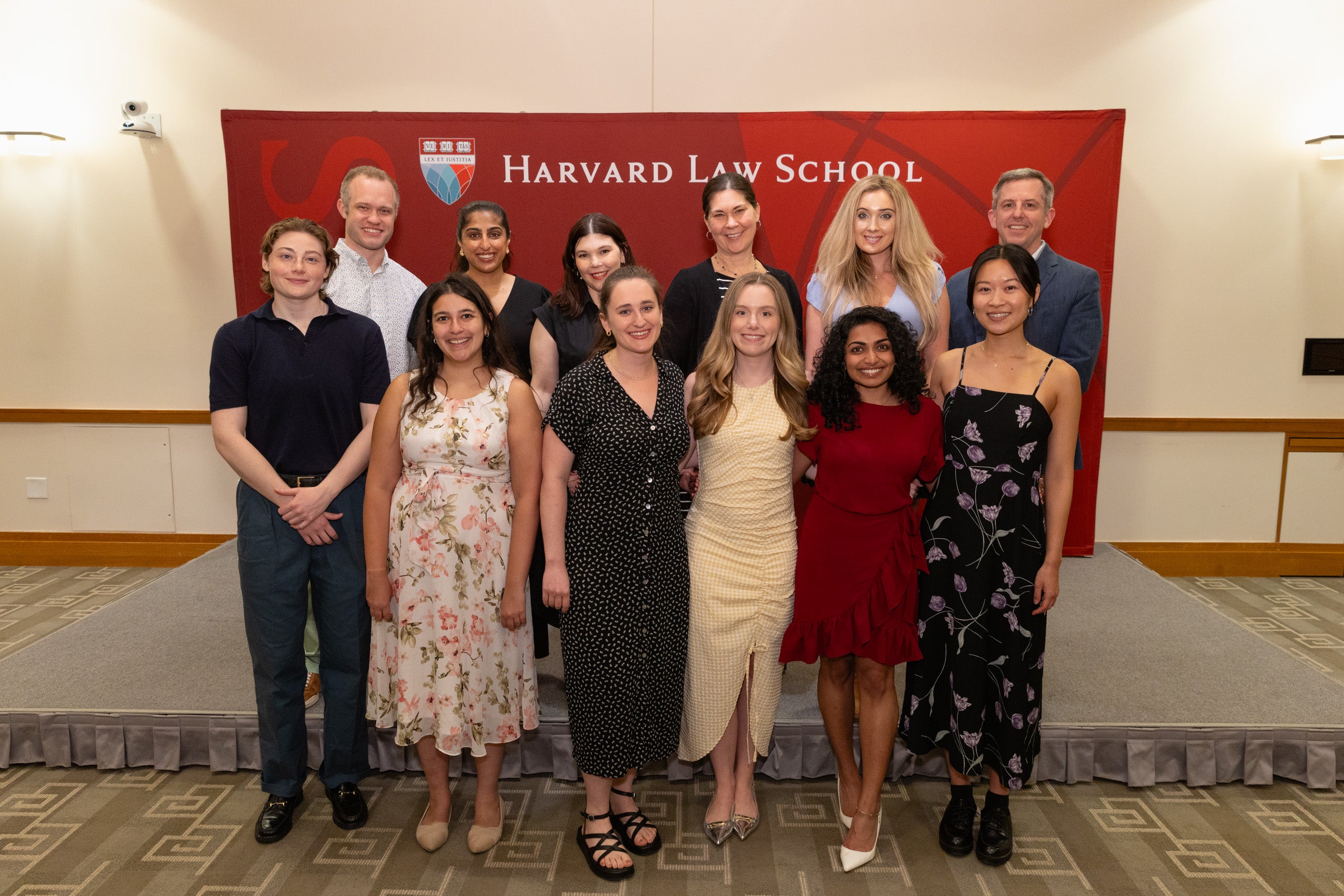
‘A positive, transformative experience’: Youth Advocacy and Policy Lab celebrates graduating fellows
This April, students, staff, and friends of Harvard Law School’s Youth Advocacy and Policy Lab (Y-Lab) gathered to celebrated the graduation of their Class of 2025 Fellows.
May 1, 2025
-
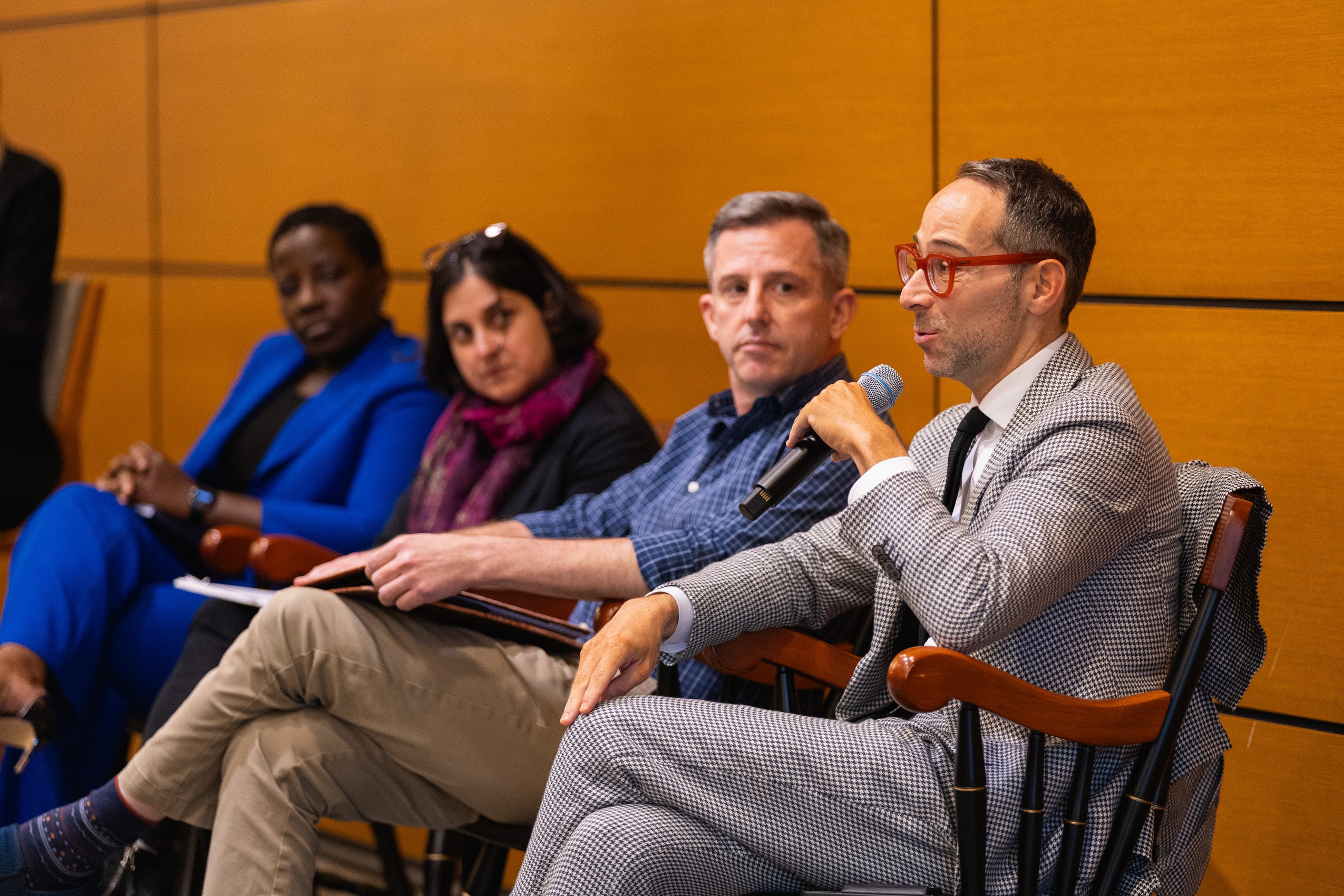
‘Give yourself grace’
Four Harvard Law faculty share stories and tips for managing mental health and reducing stress.
October 3, 2024
-
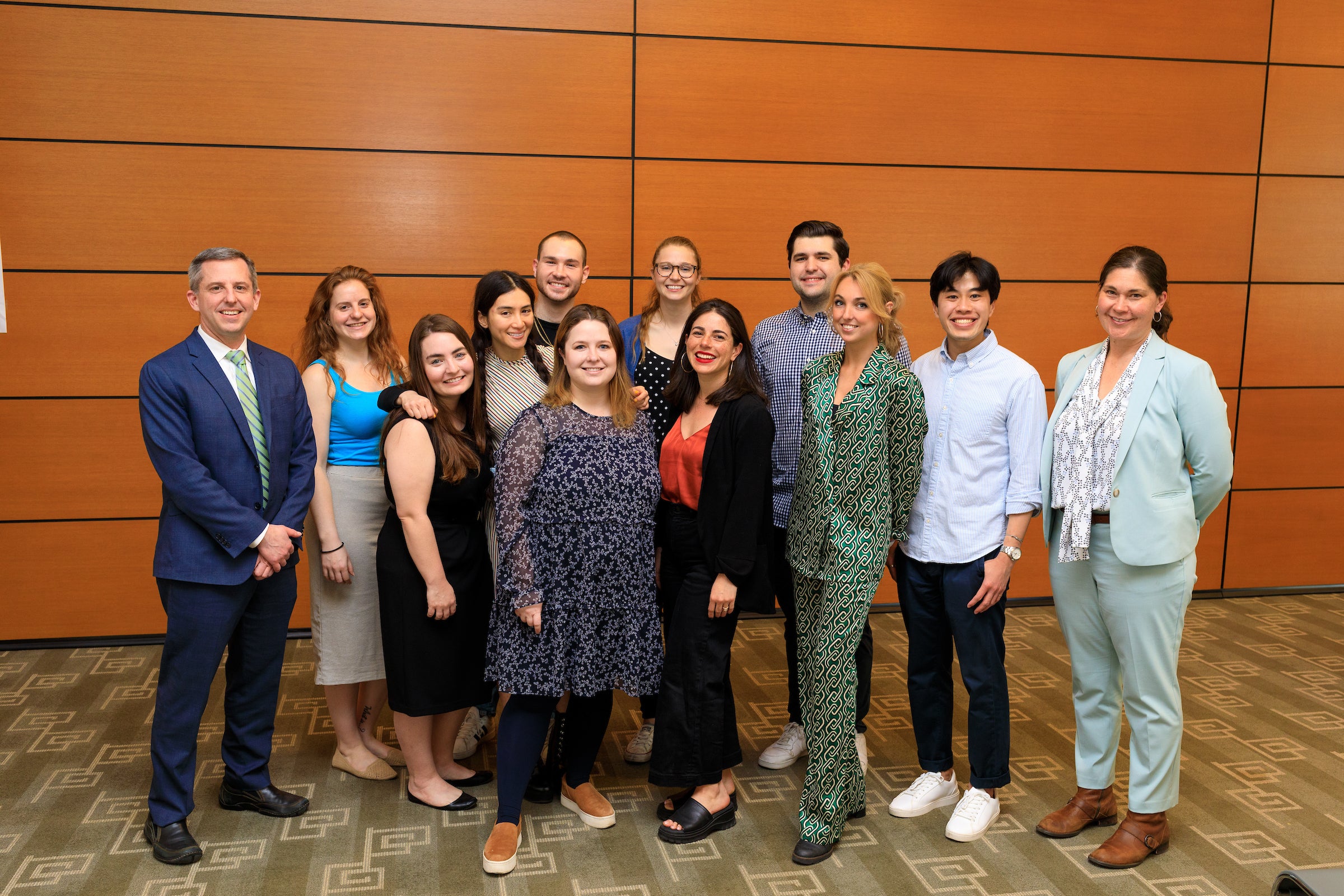
Celebrating the inaugural class of the Youth Advocacy Fellows Program
On April 12, the Youth Advocacy & Policy Lab (Y-Lab) celebrated the ten graduating students from the inaugural class of the Youth Advocacy Fellows Program. The Program began this year as an immersive experience for second- and third-year students wishing to gain deep expertise in child advocacy through legal clinics and coursework. “It is exciting to be
April 18, 2023
-
Experts of their own experiences
By Olivia Klein On April 19, students from high schools across Massachusetts gathered at Harvard Law School to share their experiences, connect with one another, and devise strategies for change at their schools. The day, organized and hosted by the Education Law Clinic and Advocates for Education at HLS, included spoken word poetry, student-led sessions on
April 29, 2022